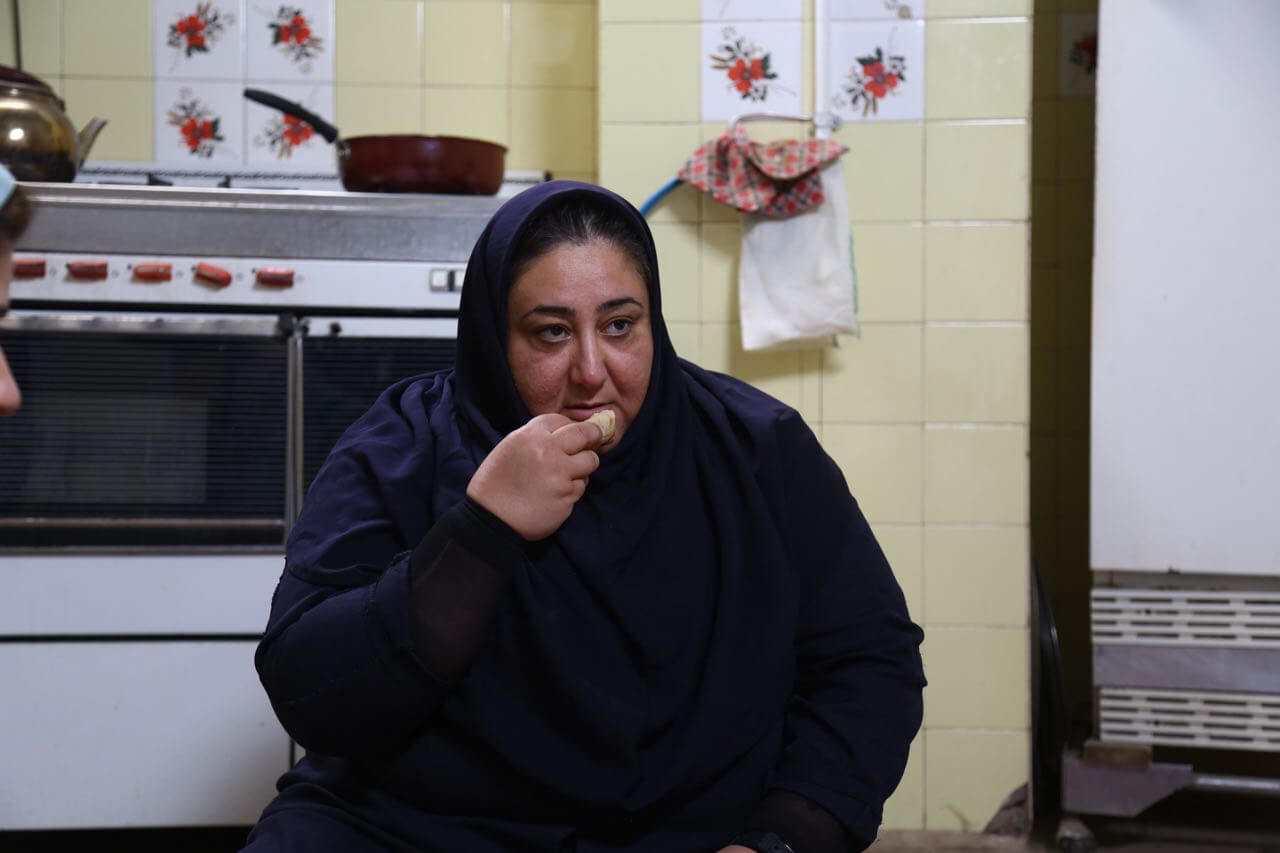Hanged, Origami, Horn, The American Bull, Tangle, Absent Wound, Taxi Téhéran, Granddad Was a Romantic
Films November 2021
Programme

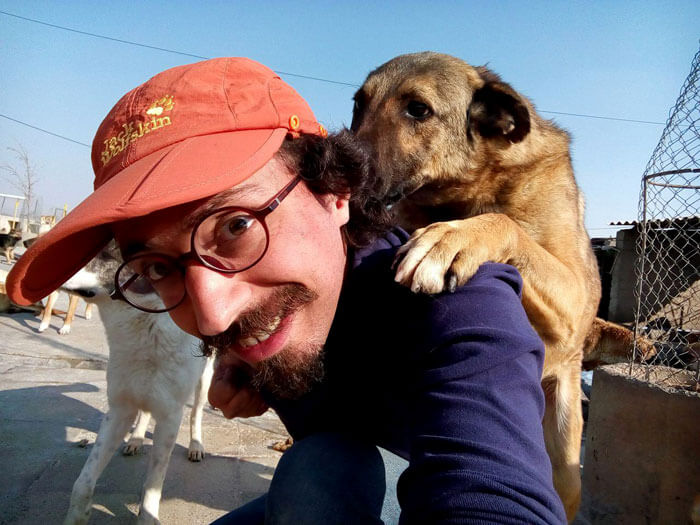
Iranian Pet club (Bashga-he Heyvanat)
Despite – or perhaps because of – religious and traditional prohibitions, the keeping of pets in the middle and upper classes of Iranian cities has taken on almost excessive proportions
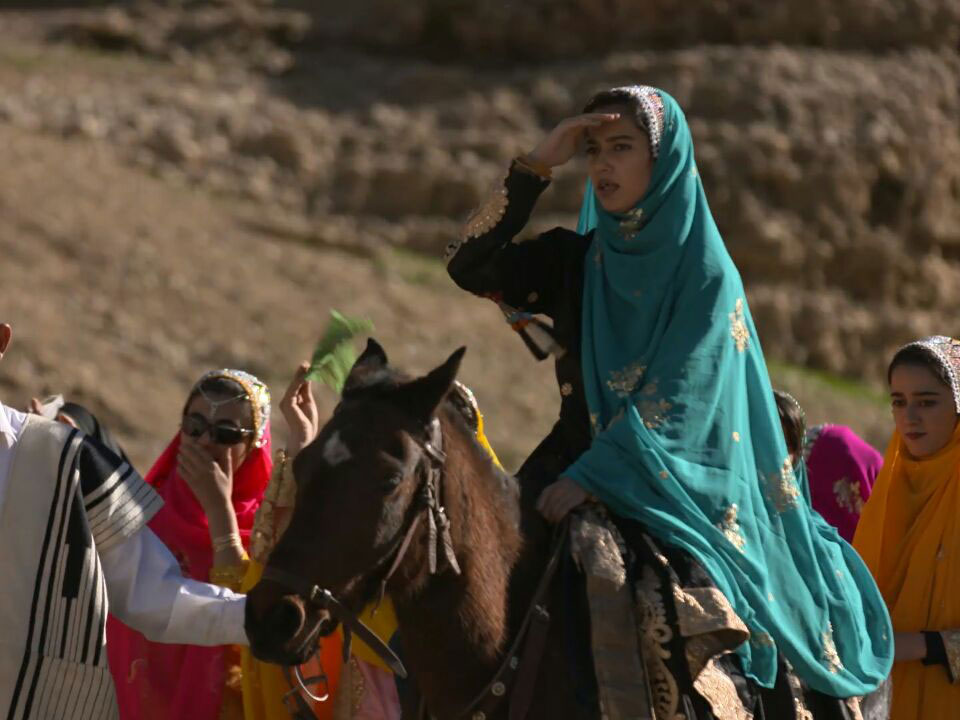
Karoon
Ehsani has long documented the threats to Iran’s limited water resources. His latest film portrays the rich cultural landscape that Iran’s once water-rich Karoon River passes through on its way.
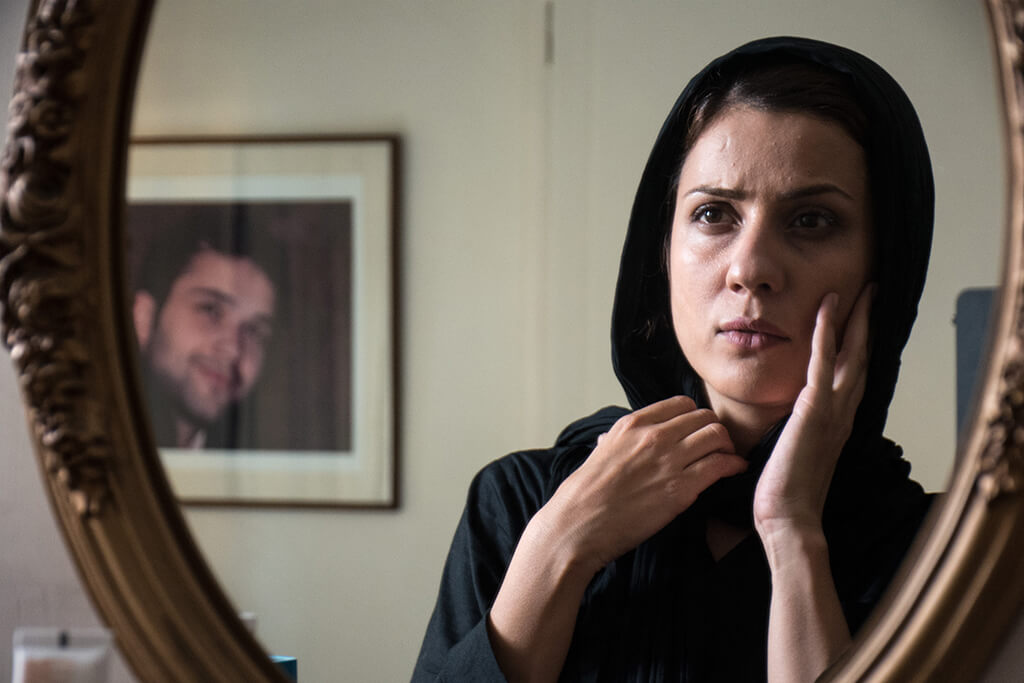
Women in Iran: Short Films II
Let the past go by, Violet, Left’Over, Moment and Forever, Personal, It Was My City, The Toaster I Used to Live In, The Dérive
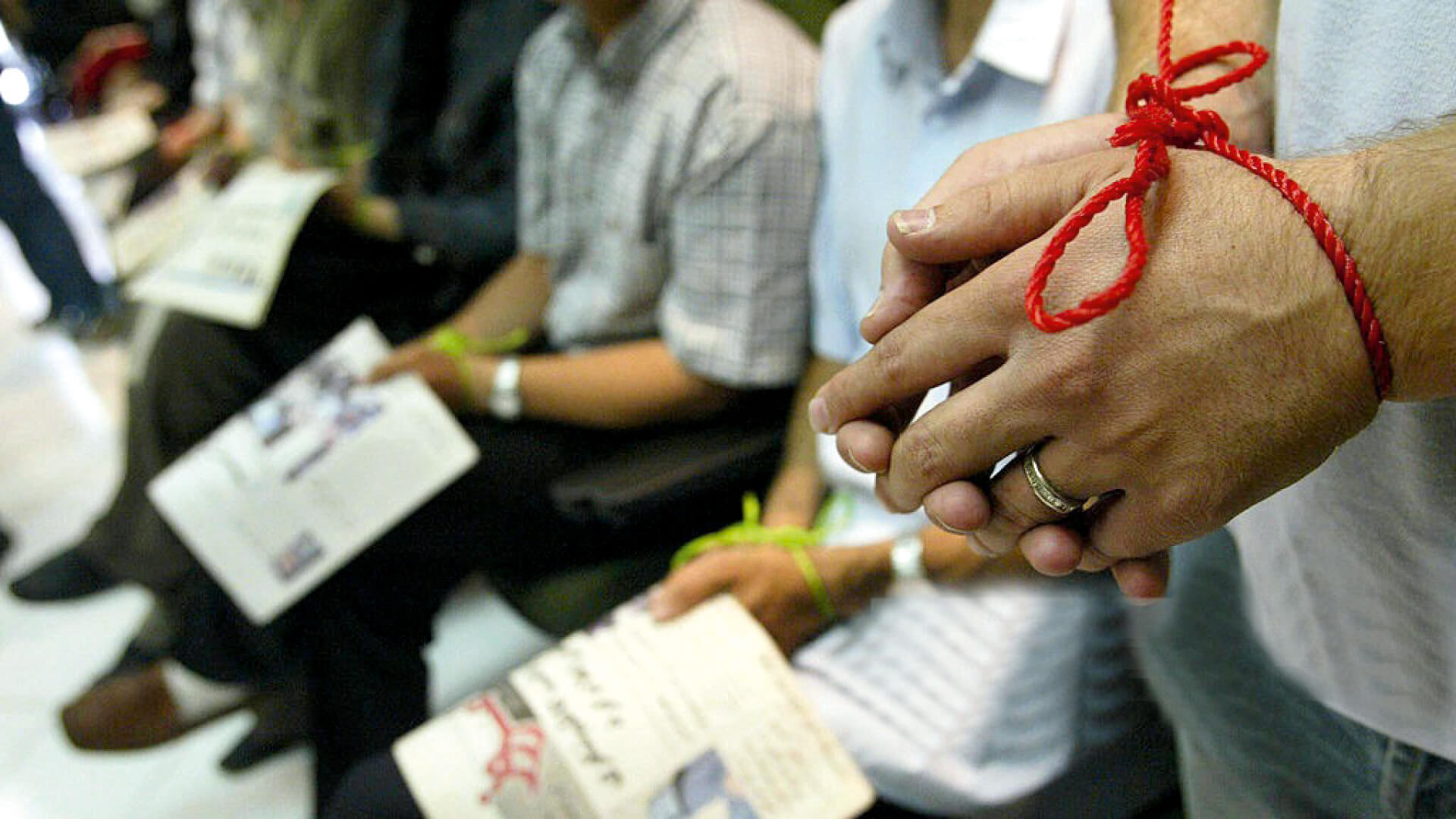
Formerly Youth Square (Meydane Javanan – Sabegh)
The journalist and filmmaker Mina Akbari looks at an old photograph showing seventy former members of the editorial staff of the newspaper “Jame’e”, taken at what was then “Youth Square”.
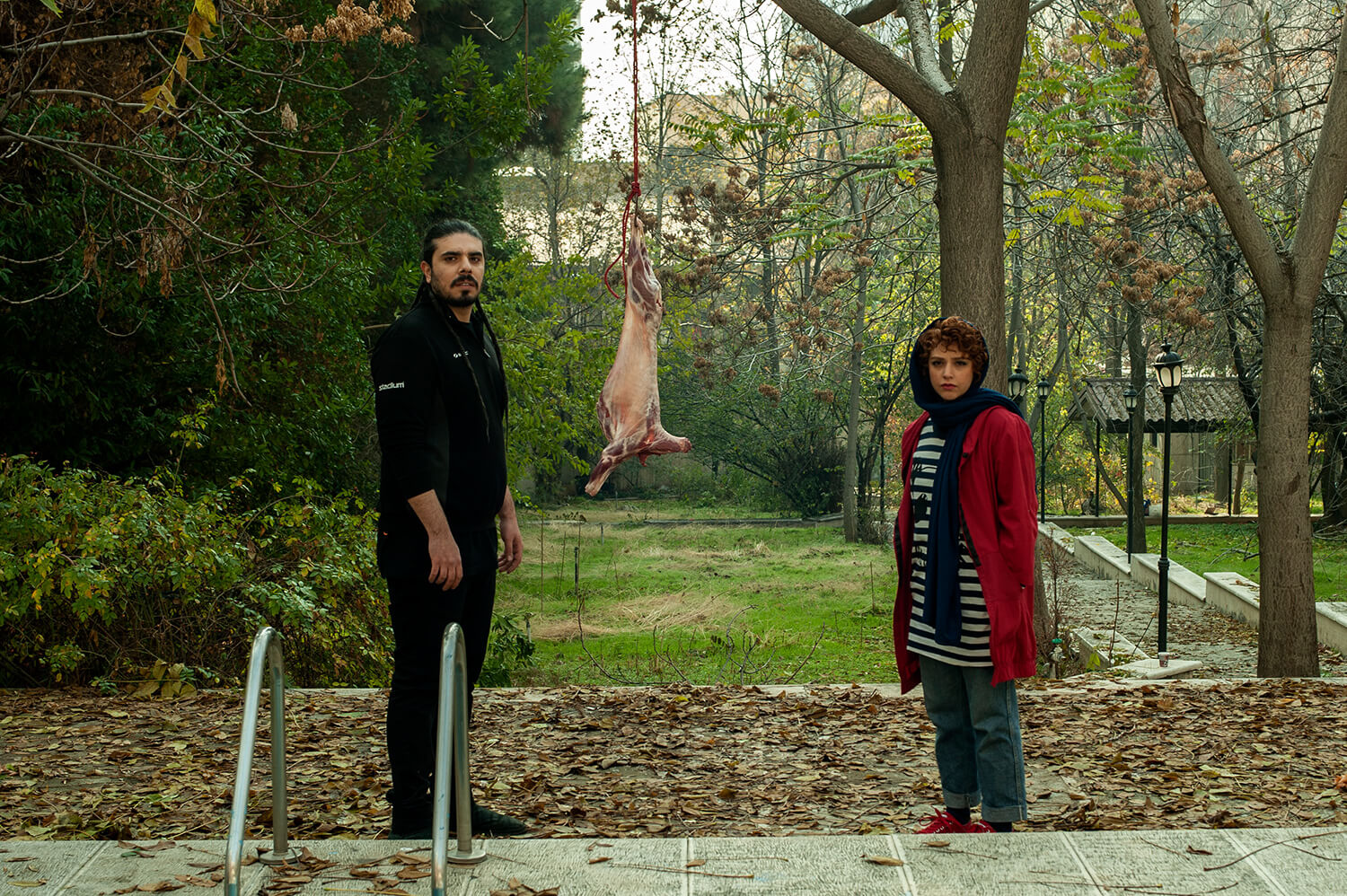
At the End of Evin
A powerful story about a transgender girl in Iran who finds a rich man to pay for her gender reassignment surgery, only to discover that there is something very wrong here …
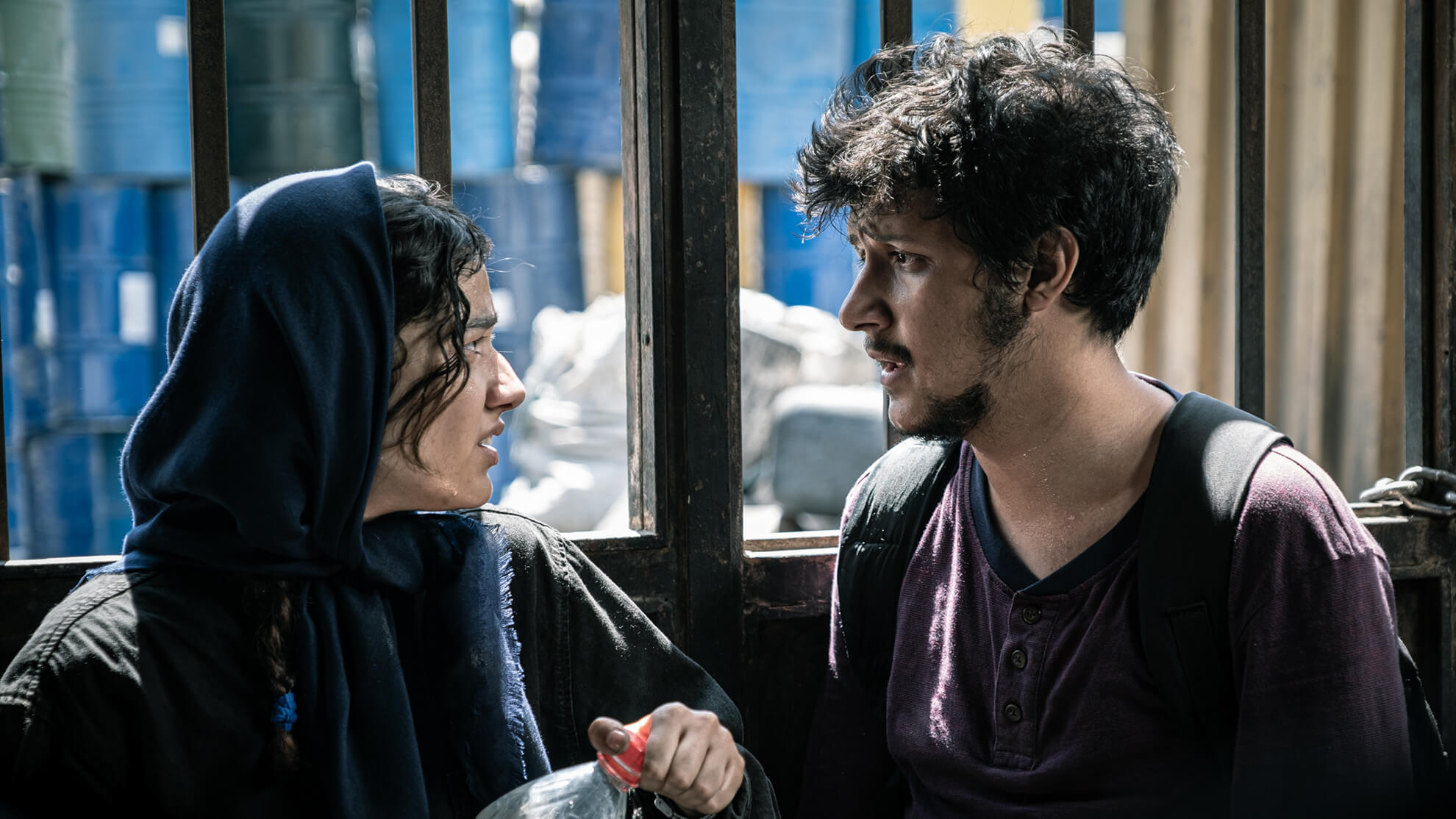
Drowning in Holy Water (Mordan dar Abe Motahar)
Rona and Hamed, a young Afghan couple, arrive illegally by bus in Tehran. From there they want to flee to Europe in the hope of a better life.
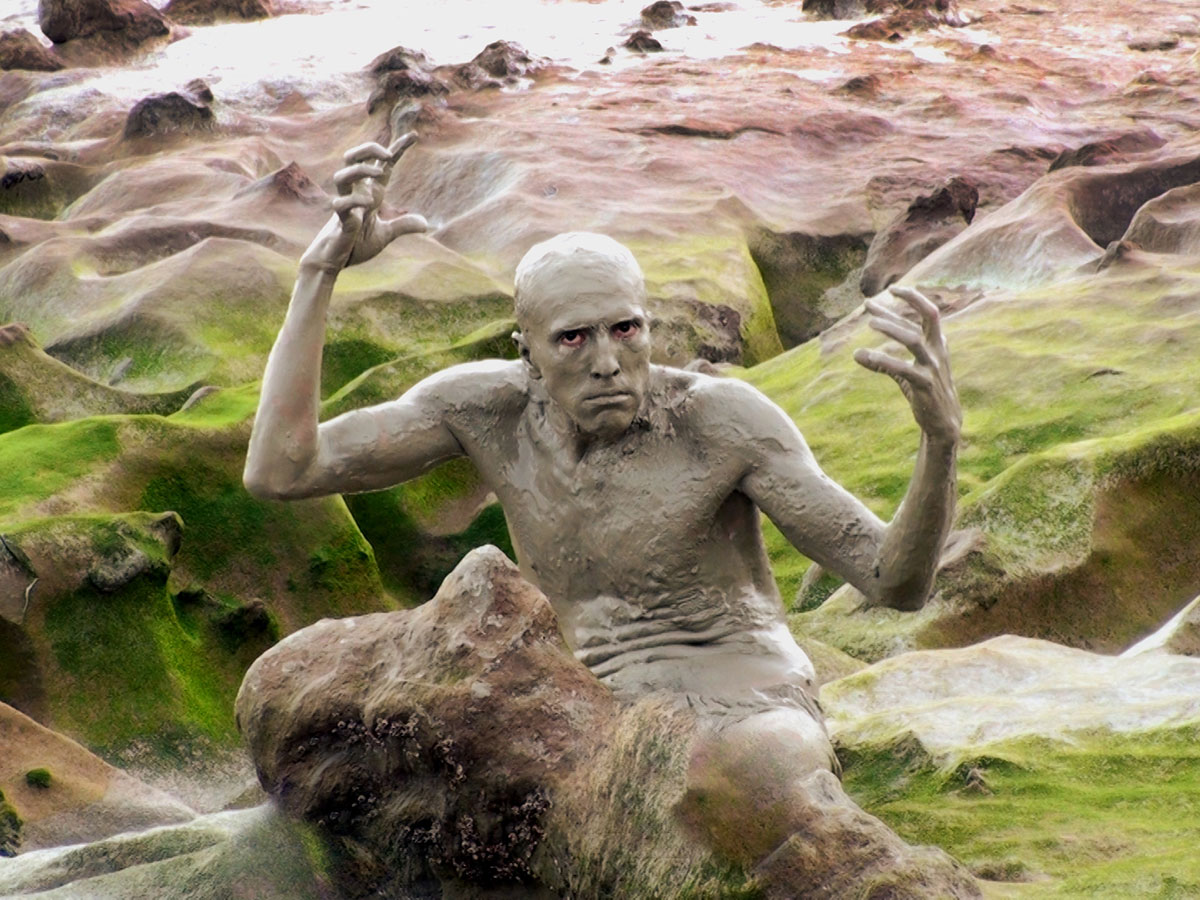
Janbal
The Dervish-Artist Musa, who lives on the island of Hormoz, explores the ancient rituals, myths and mysteries of the Arabian, African and Indian-influenced Persian Gulf region.

Selection Iranian Short Films II
Contact (Tamas), Hannover Goalkeeper (Darvazehban-e Honover), Fragments of a Revolution (Sahneh-ye Tarikh), About Father, About Death (Darbareye Pedar, Darbareye Marg), Prestige, White Winged Horse (Asb-e Sefid-e Baldar)
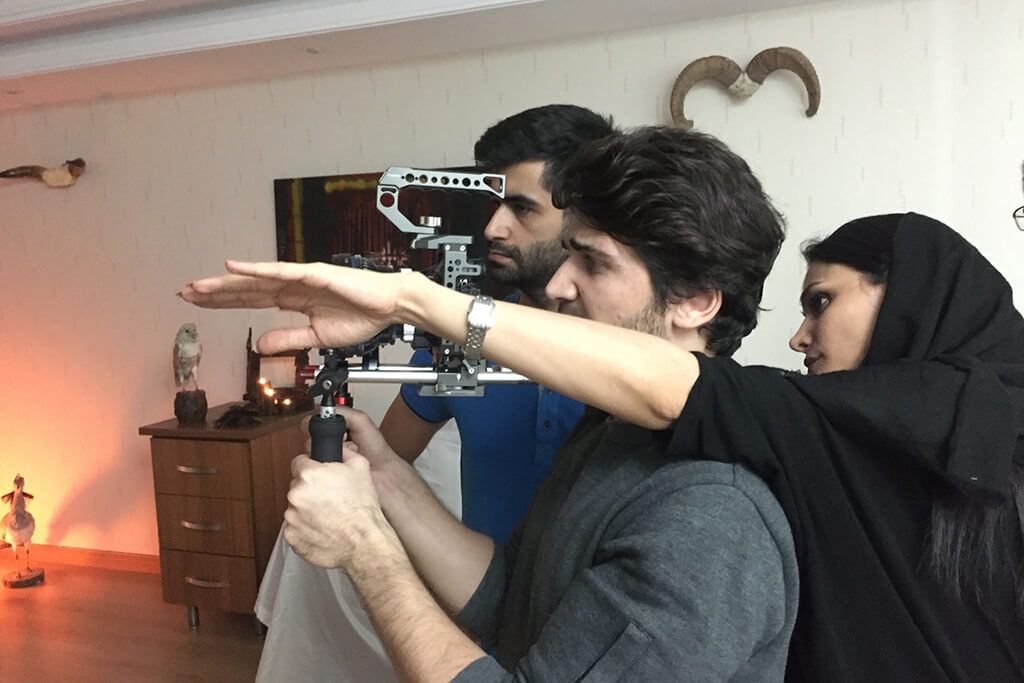
Women in Iran: Short Films
Taxi is here, Origami, Let the past go by, Horn, Spotted Yellow, Sink, Cinema Cristal.
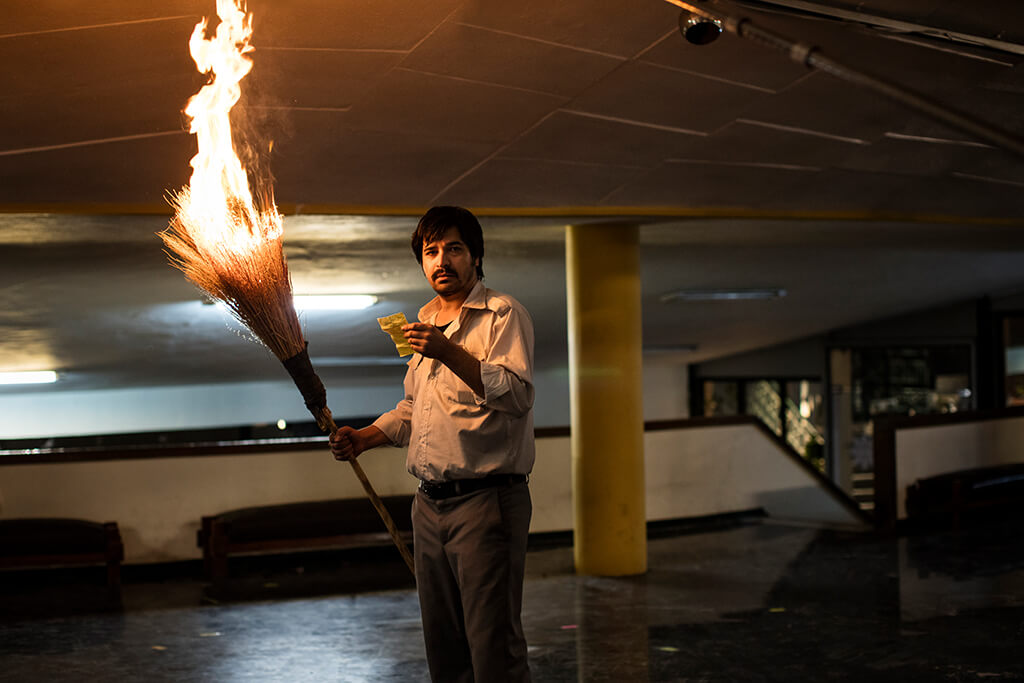
Careless Crime (Jennayate bi deqqat)
Students are shooting a film, the audience is waiting for a screening, four men want to make a statement and set fire to a cinema.
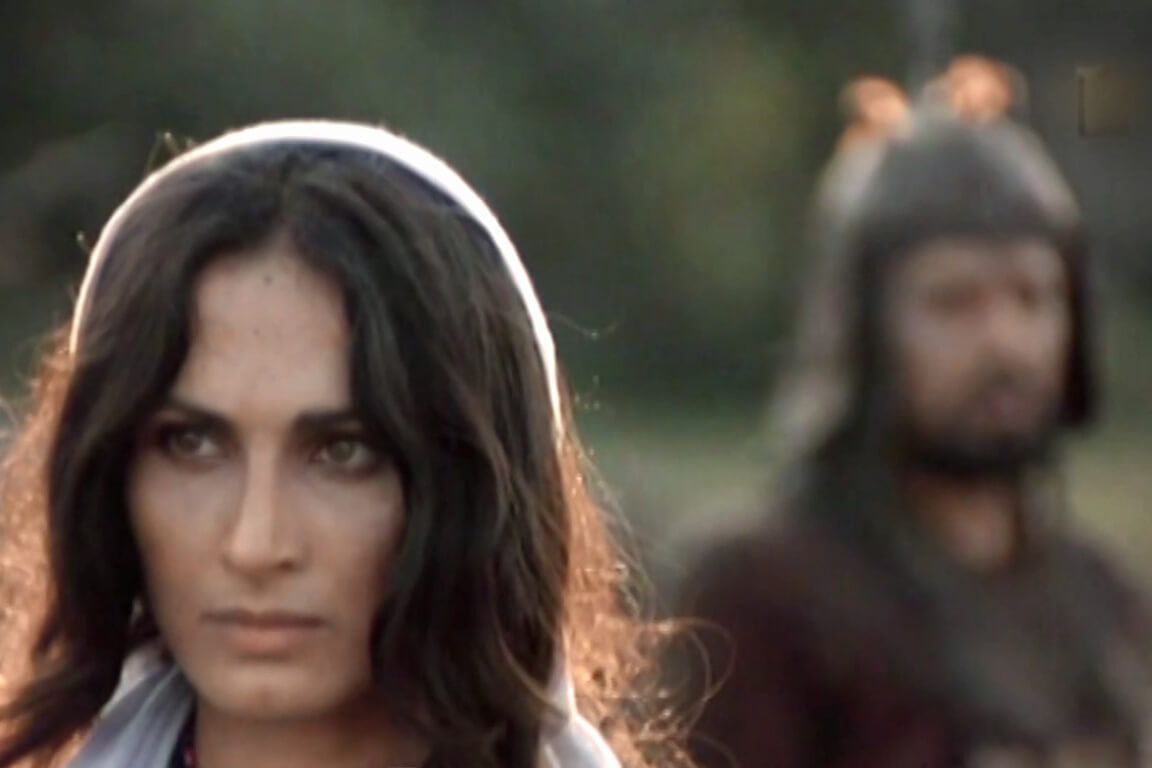
Ill Fate (Bakhte Parishan)
The popular cinema of the Shah era had stars and starlets, but it was considered sinful after the revolution and was widely censored.
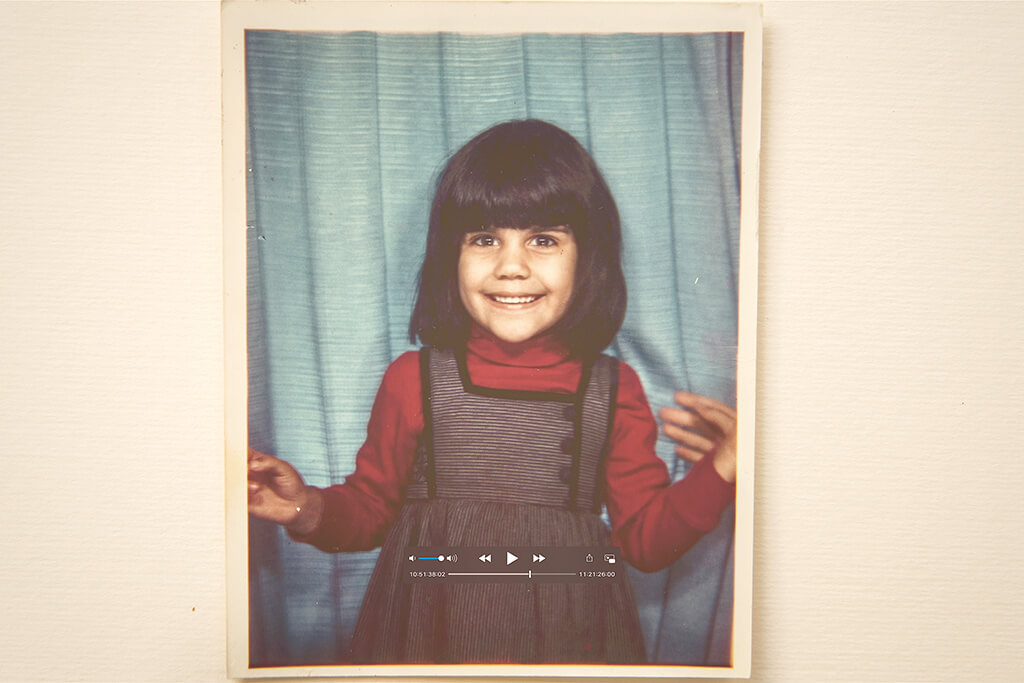
Radiograph of a Family
Firouzeh Khosrovani, the daughter of a secular father and a religious mother, tells the story of her parents. With the help of photos, letters, videos and fictitious conversations, we discover a European-Iranian love and life story.

Captain Daryai (Nakhoda Daryaee)
For 60 days, Captain Daryai, a traditional Baloch fisherman, is out on the vastness of the ocean to catch tuna. 18 sailors, many of them still minors, accompany him.
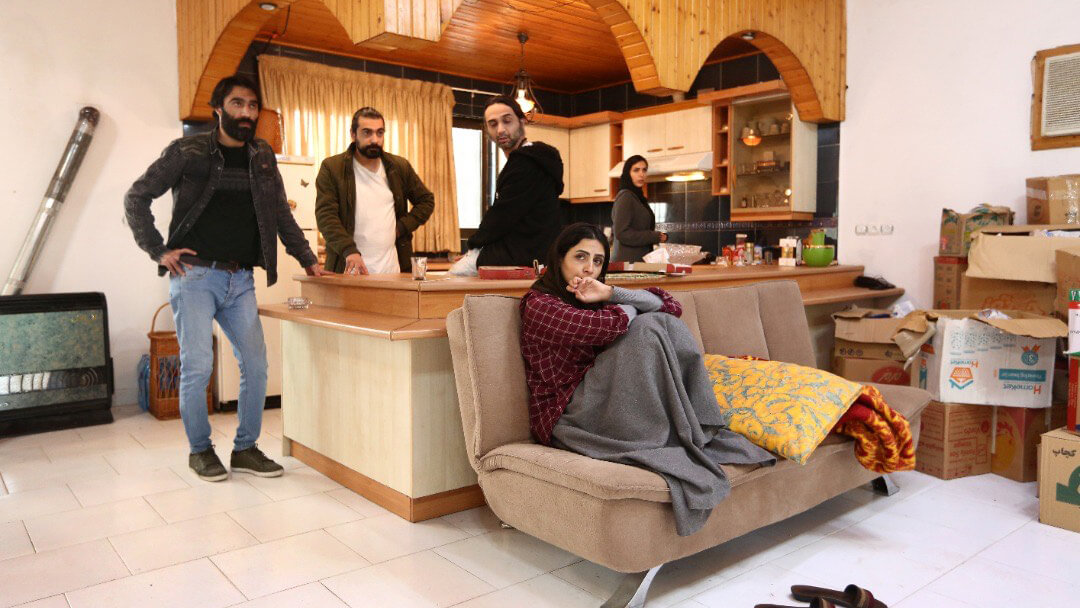
Dizziness (Mangi)
A dispute in the front garden of a typical “villa” in northern Iran: Parisa, who has travelled from Tehran with her brother, demands her dowry back from Hamid, her ex-husband.
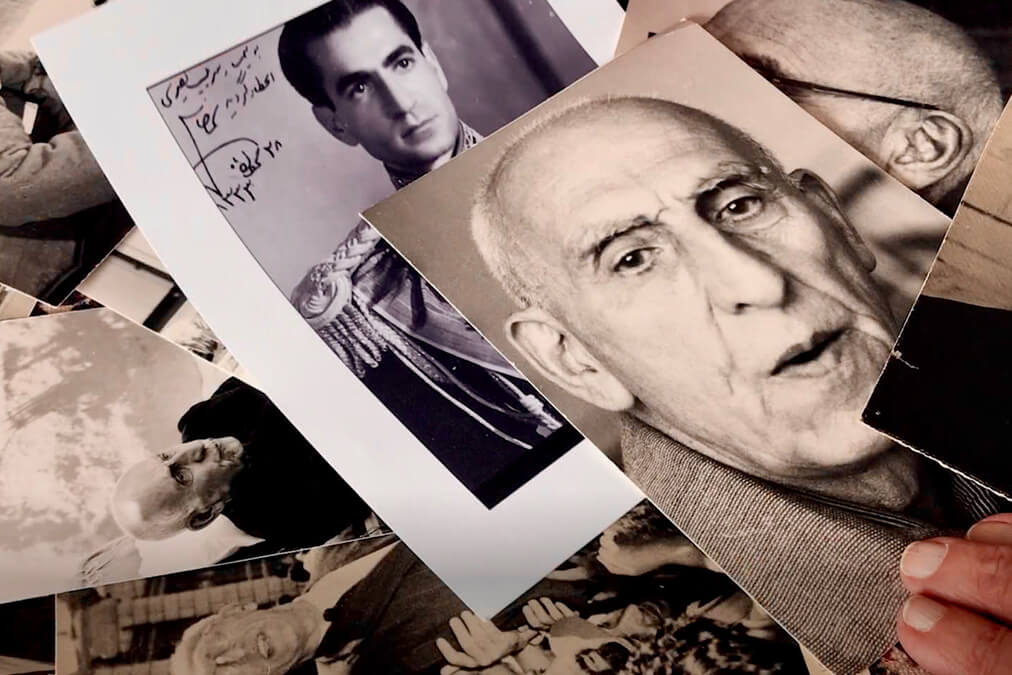
Coup 53
Mohammad Mossadegh was Iran’s first democratically elected prime minister. A coup against him brought the Shah back to power and had a far-reaching impact on the political and social development of Iran, and indeed the entire region.
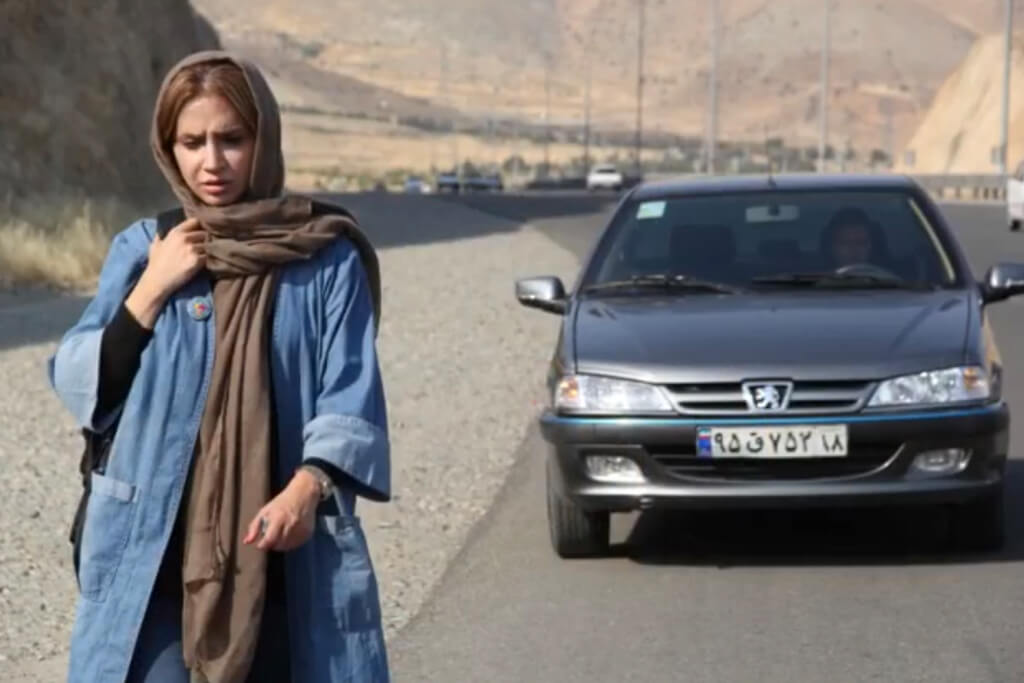
Highway (Bozorgrah)
In the taxi: a young woman, obviously slightly injured, sits silently on the back seat, the nervous driver is supposed to take her to Tehran as quickly as possible.
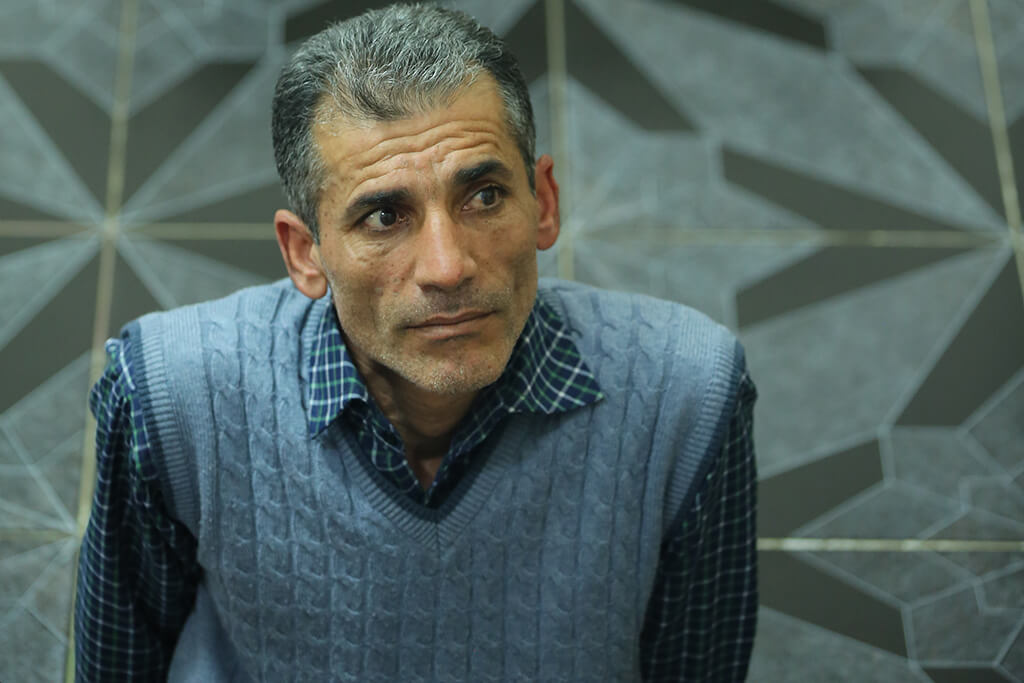
Pruning Season (Fasle Haras)
Ghassem Tak Dehghan is desperate to patent his groundbreaking discovery: supposedly a natural cure for cancer. He is constantly on the lookout for a trustworthy person or institute – full of suspicion that someone might steal his formula and commercialise it.

Drowning in Holy Water (Mordan dar Abe Motahar)
Rona and Hamed, a young Afghan couple, arrive illegally by bus in Tehran. From there they want to flee to Europe in the hope of a better life.
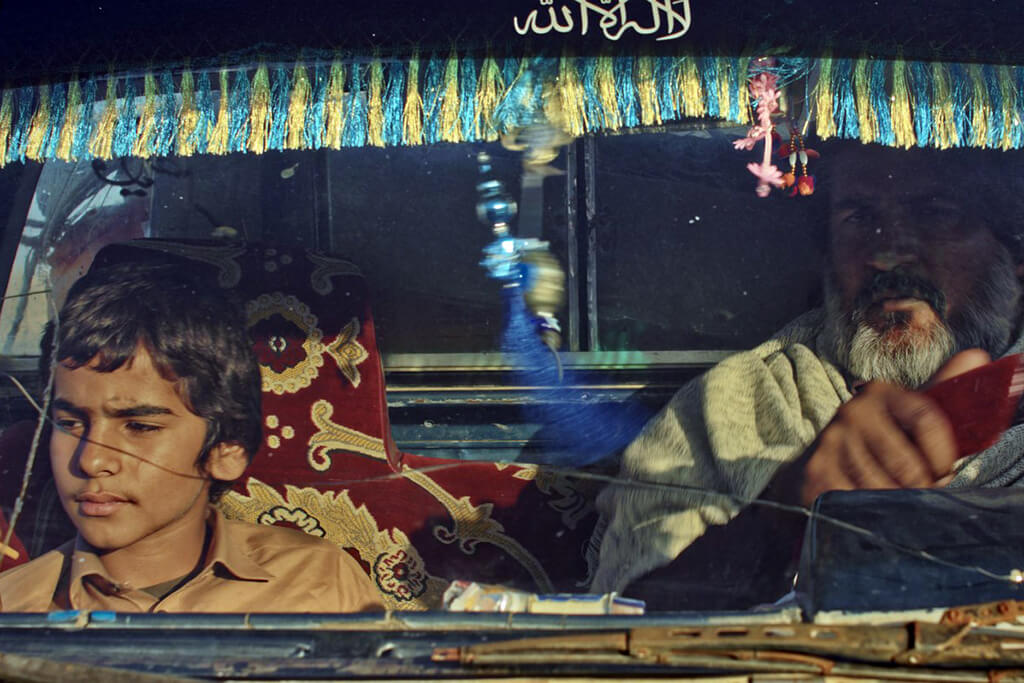
Untimely (Bigah)
Hamin is doing his military service in a watchtower on the Gulf of Oman, in the border area between Iran and Pakistan. He unintentionally kills his commander in an argument when he refuses to grant him leave for his sister Mahin’s wedding celebration.

Iranian Pet club (Bashga-he Heyvanat)
Despite – or perhaps because of – religious and traditional prohibitions, the keeping of pets in the middle and upper classes of Iranian cities has taken on almost excessive proportions

